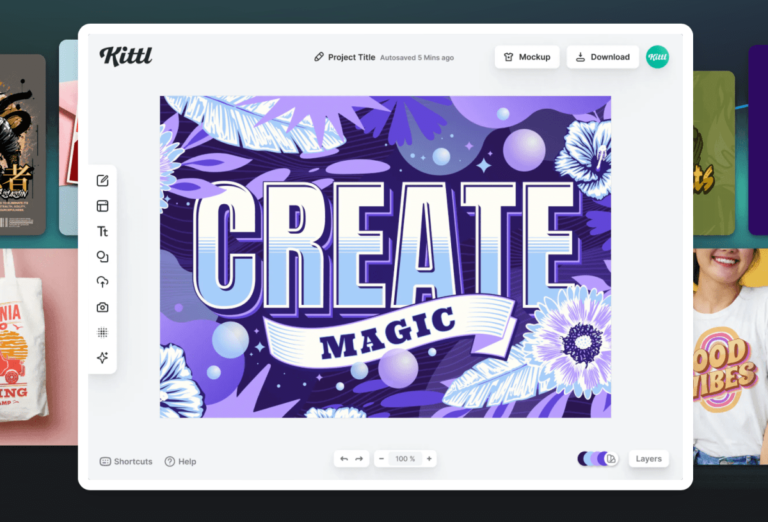
Just a year after raising $11.6 million, Kittl raised another $36 million in a Series B round led by IVP with some existing investors participating once again.
The Berlin-based startup has been working on a graphic design tool that you can use in your web browser without having to install an app.
Compared to Canva, Kittl “offers a broader feature set and it allows you to have access to the actual graphic file,” Heymann said.
The company is trying to build a design tool that is more powerful than Canva and that doesn’t carry all the legacy of Adobe’s applications.
The company lets you create an account for free, but you have to subscribe to access all product features.
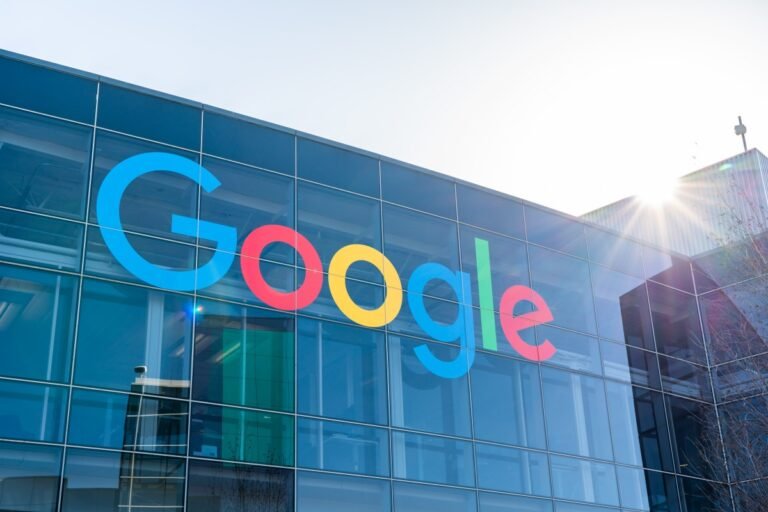
Google announced today that Gemini, its family of multimodal large language models, now powers the conversational experience within the Google Ads platform.
With this new update, it will be easier for advertisers to quickly build and scale Search ad campaigns.
The conversational experience is designed to help build Search campaigns through a chat-based tool.
The tool uses your website URL to create Search campaigns by generating relevant ad content, including assets and keywords.
“We observed that it helps them build higher quality Search campaigns with less effort.”The new tool will join Google’s other AI-powered tools for advertisers.
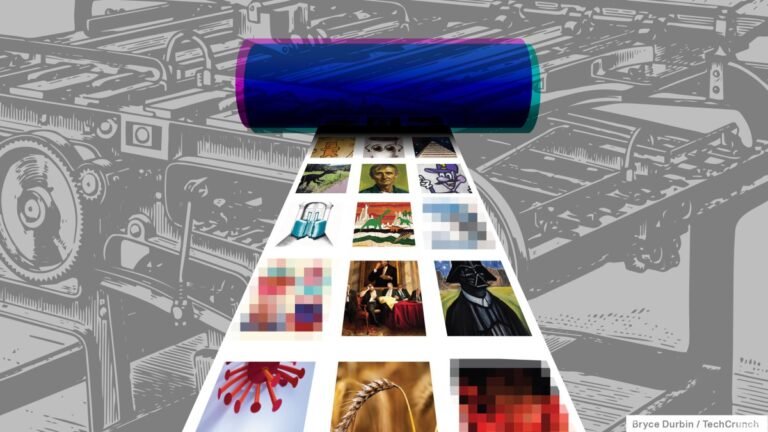
The trouble is, many of these models — if not most — were trained on artwork without artists’ knowledge or permission.
And while some vendors have begun compensating artists or offering ways to “opt out” of model training, many haven’t.
Another, Kin.art, uses image segmentation (i.e., concealing parts of artwork) and tag randomization (swapping an art piece’s image metatags) to interfere with the model training process.
“We prevent your artwork from being inserted in the first place.”Now, Kin.art has a product to sell.
While the tool is free, artists have to upload their artwork to Kin.art’s portfolio platform in order to use it.
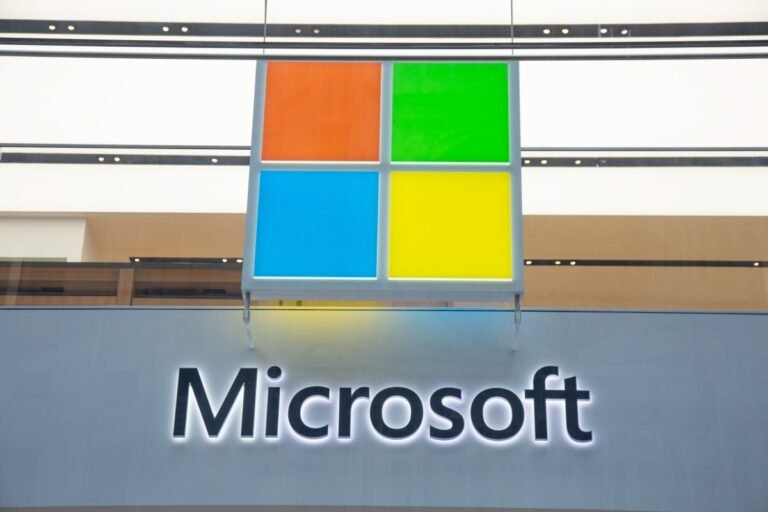
Microsoft today made Reading Coach, its AI-powered tool that provides learners with personalized reading practice, available at no cost to anyone with a Microsoft account.
As of this morning, Reading Coach is accessible on the web in preview — a Windows app is forthcoming.
And soon (in late spring), Reading Coach will integrate with learning management systems such as Canva, Microsoft says.
Inspired by the success of Reading Progress (evidently), Microsoft launched Reading Coach in 2022 as a part of Teams for Education and Immersive Reader, the company’s cross-platform assistive service for language and reading comprehension.
“Reading Coach intrinsically motivates learners to continue advancing their skills in several ways,” Microsoft continues.

WhatsApp announced today that it’s launching a new feature on iOS that lets users create, edit and share their own stickers.
You can personalize stickers using WhatsApp’s suite of editing tools, including text, drawing and the ability to overlay other stickers.
Once you send a custom sticker, it will automatically be saved in your sticker tray so you can use it again whenever you would like to.
If you want to edit an existing sticker, you need to open the sticker tray and long press the sticker you want to edit.
WhatsApp says the new sticker maker, which is already available on WhatsApp web, is rolling out on iOS 17+ over the coming days.
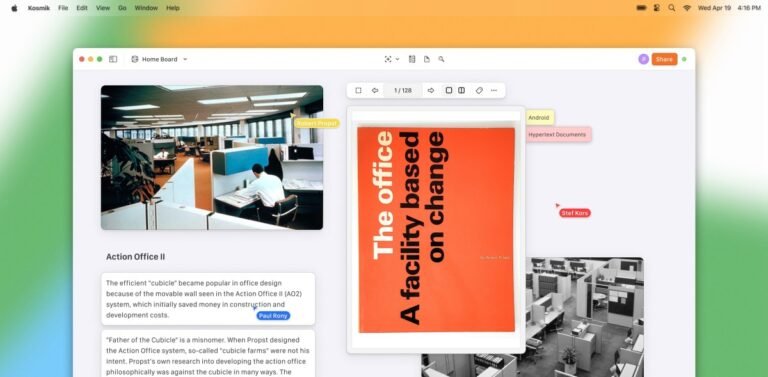
Kosmik was founded in 2018 by Paul Rony and Christophe Van Deputte.
And that’s when he started to build Kosmic, Rony told TechCrunch, drawing on a prior background in computing history and philosophy.
It also features a built-in browser, saving users from having to switch windows when they need to find a relevant website link.
Additionally, the platform also sports a PDF reader, which lets the user extract elements such as images and text.
“I think that everything revolves around the idea that we do not have the best web browser, text editor or PDF reader,” Rony said.

Instagram introduced its generative AI-powered background editing tool to U.S.-based users Wednesday.
Meta’s lead for generative AI Ahmad Al-Dahle posted on Threads saying that the tool will let users change the background to their images through prompts for Stories.
Earlier this week, Snapchat released a new tool for its paying users that let them create and send AI-generated images.
Earlier this year, the social network rolled out the ability for Snapchat+ users to populate prompt-based backgrounds.
At the same time, the company also launched a standalone AI-image generator called Imagine with Meta, powered by its own model called Emu.

A while back, I built a tool that would automatically analyze a pitch deck and give you feedback.
A couple of months and a few thousand analyzed decks later, I have built up quite the library of insights for what most founders are getting right — and wrong — in their pitch decks.
5 things most founders get rightAbout 90% of founders don’t include an exit strategy in their slide deck.
60% of the decks analyzed had a decent value proposition, explaining how and why the product is delivering value to its customers.
Here are the five most common issues:5 most common mistakes in pitch decks

One of these services is AI Studio — which was previously known as MakerSuite.
AI Studio is a web-based tool for developers that functions a bit like a gateway into the wider Gemini ecosystem, starting with Gemini Pro and then, at some point next year, also Gemini Ultra.
“We’ve designed it really to be the fastest way to build with Gemini,” Josh Woodward, Google’s VP for Google Labs, told me.
Woodward noted that the team tried to design AI Studio so even the free tier wouldn’t feel like a trial or gated product.
Jeanine Banks, the VP and GM for Google’s Developer X teams and head of developer relations, also stressed that AI Studio is a gateway into Google’s wider AI ecosystem and in particular to Vertex AI, Google’s enterprise-ready generative AI developer platform.

Microsoft Designer is a new AI-powered design tool that offers users an expanded set of features. With it, users can create a variety of designs including logos, illustrations, and icons.…













